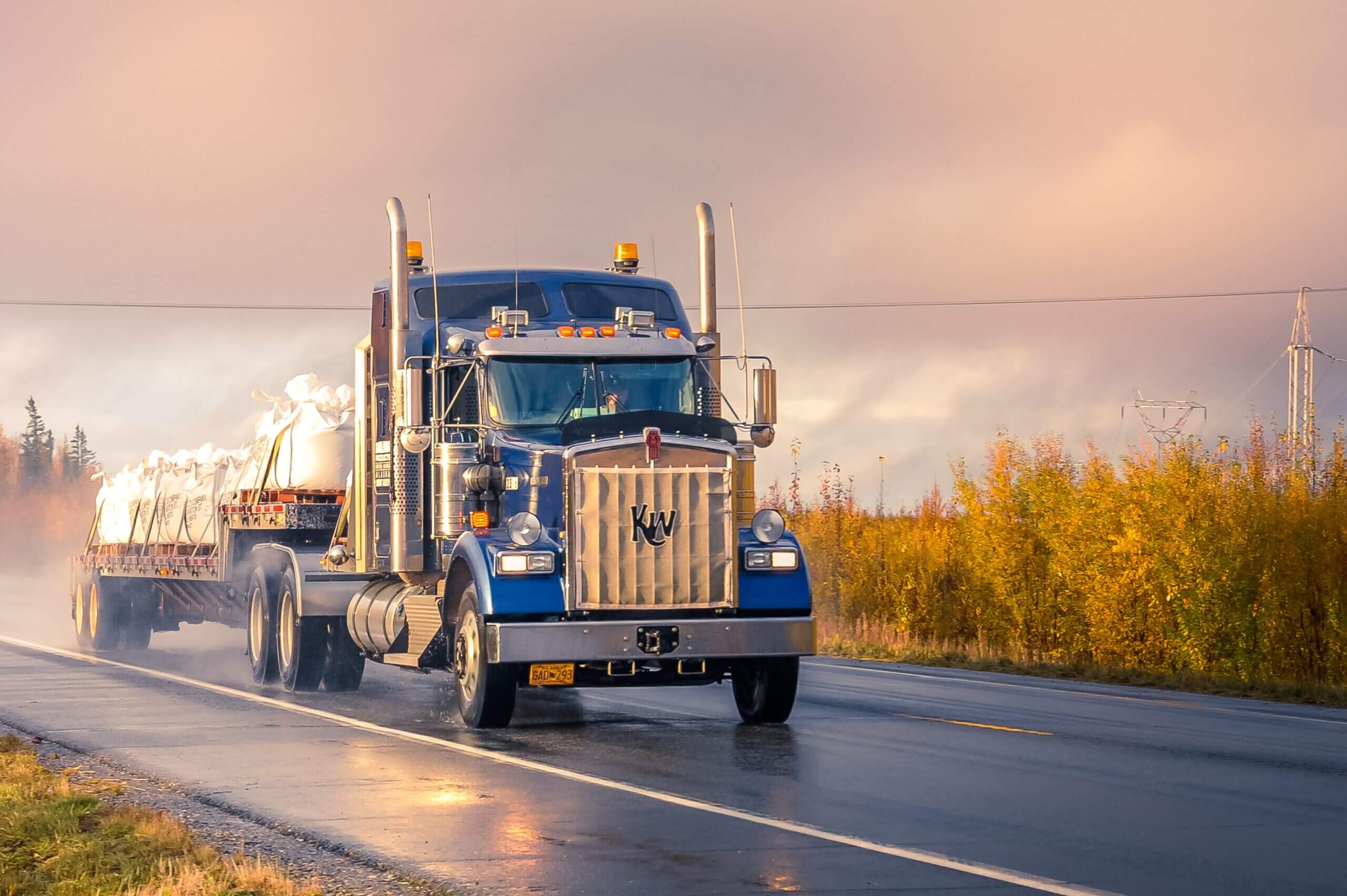Property Damage After a DC Truck Accident
To be clear, as DC truck accident lawyers and personal injury lawyers, we do not necessarily handle the property damage aspect of your case. When you are injured in a motor vehicle accident, there are two claims you are entitled to make. The first is your bodily injury claim. That is the part that a personal injury attorney handles. In that claim, we sue or settle for your medical expenses, lost wages, pain and suffering, and any other damage you incur physically. This claim is separate from your property damage after a DC truck accident. Typically, your insurance company handles your property damage claim, and a lawyer does not need to get involved. Although it stems from the same truck accident as your injury, the two are closely related, and we will generally assist you with any questions.
Handling a property damage claim after a DC truck accident is relatively straightforward for the claimant. While it is a complex process, your insurance provider should guide you through it from start to finish. Of course, there are some contingencies. Many insurance providers will charge a $500 deductible even if you did not cause the truck accident. In turn, the provider will pay for the repairs to your vehicle. But why should you pay $500 if you did not cause the accident? Well, you shouldn’t. Your insurance company will work to reimburse you for that $500 deductible through subrogation. In doing so, they will also seek reimbursement for the larger payment they made on your behalf for your property damage.
Assessing Property Damage
Property damage after a DC truck accident can refer to the golf clubs in the trunk of your vehicle. It can refer to your iPhone being broken due to the accident. But in almost all cases, it refers to the structural damage to your vehicle that needs to be repaired by a body shop. Usually, you will get your vehicle towed from the scene and dropped off at a repair shop. If it is taken to a tow lot instead, you must get your vehicle out of the tow lot immediately. You have a duty to mitigate damages as a plaintiff. That means you cannot let it sit in the lot and incur costs, or you may lose the right to total reimbursement.
Once the body shop assesses your truck at the suggestion of your insurer, they should immediately begin working on your vehicle. A common question is whether you can get a second opinion on the value of your truck. This question often arises when your truck is totaled due to the accident. The general advice is that you cannot. Remember, your insurance company is not trying to take advantage of you for your property damage claim. They do not even come up with the estimate themselves. That comes from a repair shop. Their job is to get your truck repaired or to declare it a total loss and reimburse you for the market value.
Legal Framework for Property Damage Claims in DC

This legal framework for property damage claims in DC is practical because the insurer is also incentivized to win their subrogation against the adverse insurer and recover the money they paid. If you pay your $500 deductible, your insurer may be paying $10,000 to get your truck repaired. Knowing that you are not at fault, they will pursue the adverse insurer. If they are successful, they will recover the amount they paid for your property damage, the $10,000, and the $500 you paid. Your insurer is contractually obligated to reimburse you for your deductible and cover your proper damage claim. That is why you pay car insurance premiums, to begin with.
Moreover, if you are not at fault for the accident, your insurer is prohibited from raising your insurance rates. Note that the legal framework for a property damage claim from a DC truck accident follows the same law as a bodily injury claim. We follow the traditional negligence rules to determine who is liable for the property damage. If a driver rear-ends you, they likely have breached their duty to maintain control of their vehicle and behave as would a reasonably prudent person in like circumstances, causing you injury. When this happens, there is negligence. But what if the tortfeasor flees the scene?
Uninsured Motorist Claim
The typical uninsured motorist claim exists in one of two scenarios. First, the tortfeasor flees the scene. In that case, if you cannot track down the tortfeasor, you technically have no one to sue. The second scenario is when the tortfeasor stays on the scene without insurance. When drivers do not pay for car insurance, they cannot pay a judgment against them if we file suit against the uninsured driver. That is the process we follow for a bodily injury claim. When you make a property damage claim independent of your truck accident attorney, you can still make an uninsured motorist claim (UM claim) for your property damage. However, there is an important caveat.
As discussed above, you will usually be reimbursed for your $500 deductible if your insurer is successful in its subrogation against the adverse insurer. However, there is no insurer to pursue a subrogation against in a UM claim. Thus, your insurer is on the hook for your property damage despite you not being responsible. That is ok; you pay insurance premiums for this type of situation. However, we must do a few things. First, we must show your insurer that you did not cause the accident. They are sometimes reluctant to accept this as accurate. Then, we must show that the negligent driver is uninsured. This is a relatively simple process. Third, note that you may have to pay a $250 deductible, for which you will not receive reimbursement.
This does depend on your insurance contract and is subject to change as inflation affects auto insurance policies. However, as of right now, that is the standard.
Filing a Property Damage Claim
Filing a claim for property damage after a DC truck accident is reasonably straightforward. After you call Gelb & Gelb, P.C., if you have not spoken to your insurance provider already, we will instruct them to contact you about the damage to your truck. They should immediately contact you and set up repairs. Their exact procedures, what they need, and how long it takes them will depend on the insurance provider. However, it is a relatively simple process as not much negotiation goes into it. They should take the repair shop’s estimate and cover it completely.
If they do not do this for whatever reason, you can file a breach of contract lawsuit. If you have an active insurance policy, it is almost guaranteed that your insurance contract requires them to cover your property damage so long as you fit the requirements. Usual requirements may be that you pay your premiums on time, the car that needs repairs is listed on the contract, and it was driven by an insured driver at the time of the accident.
Call Our Office
Property damage after a DC truck accident should not be a complicated process. However, it can be intimidating if this is your first time going through it. If you have any questions, call our experienced attorneys today at (202) 331-7227 for a free consultation.
This page has been reviewed by the legal team at Gelb & Gelb, P.C.
 N/a
N/a













